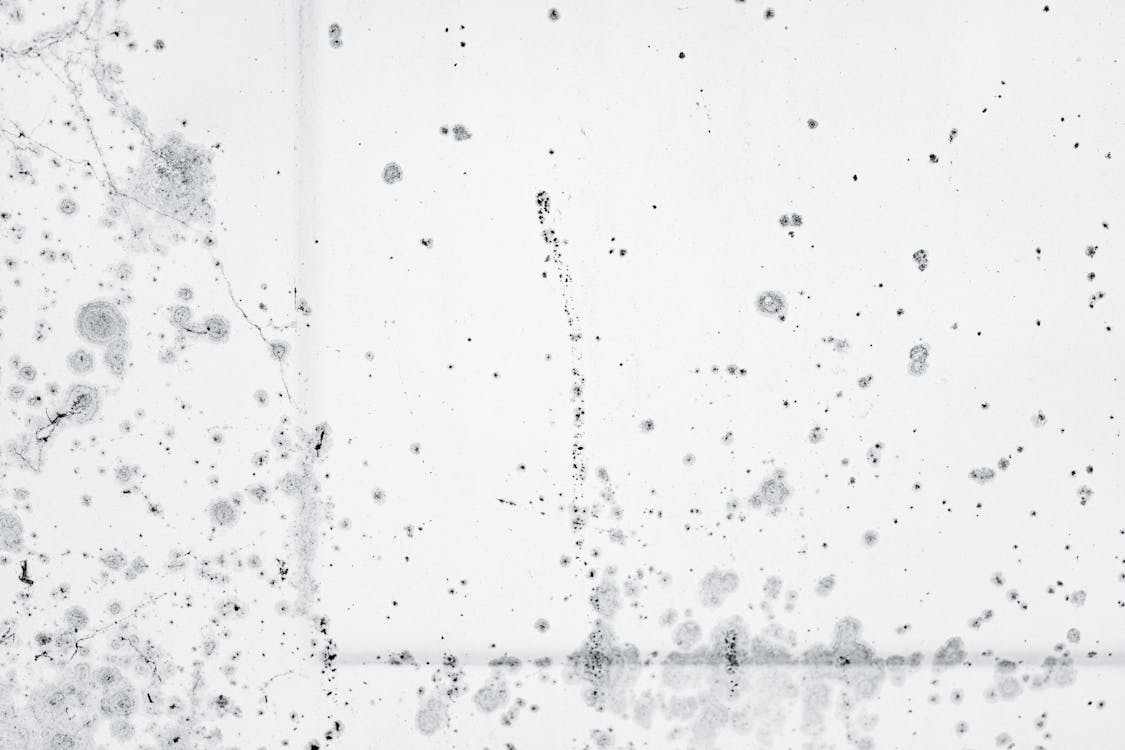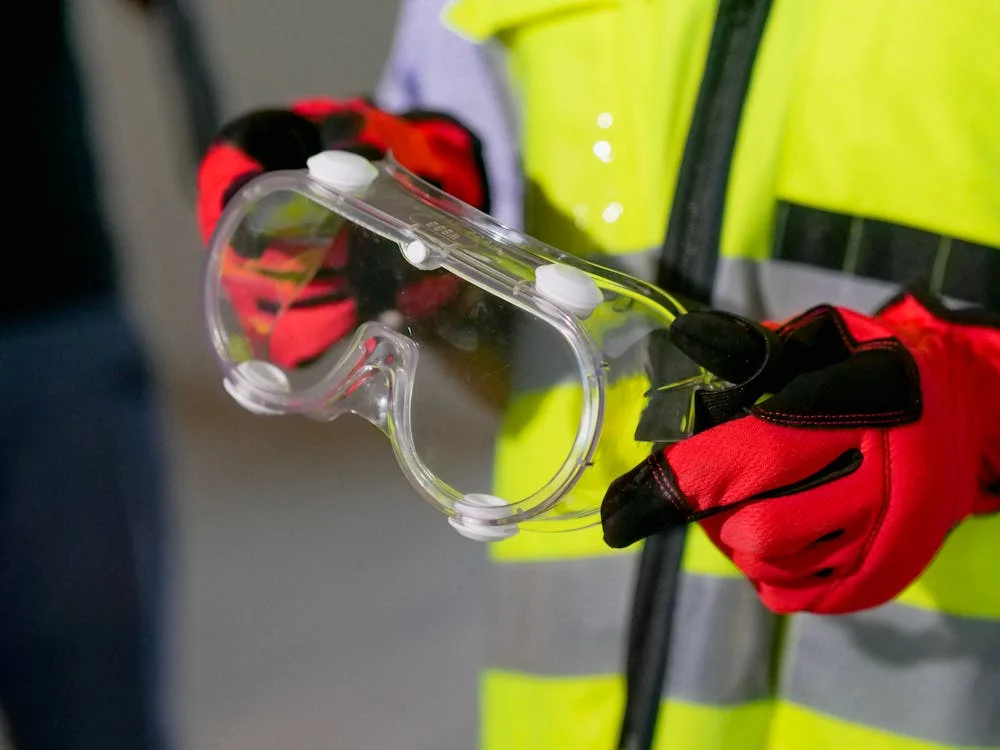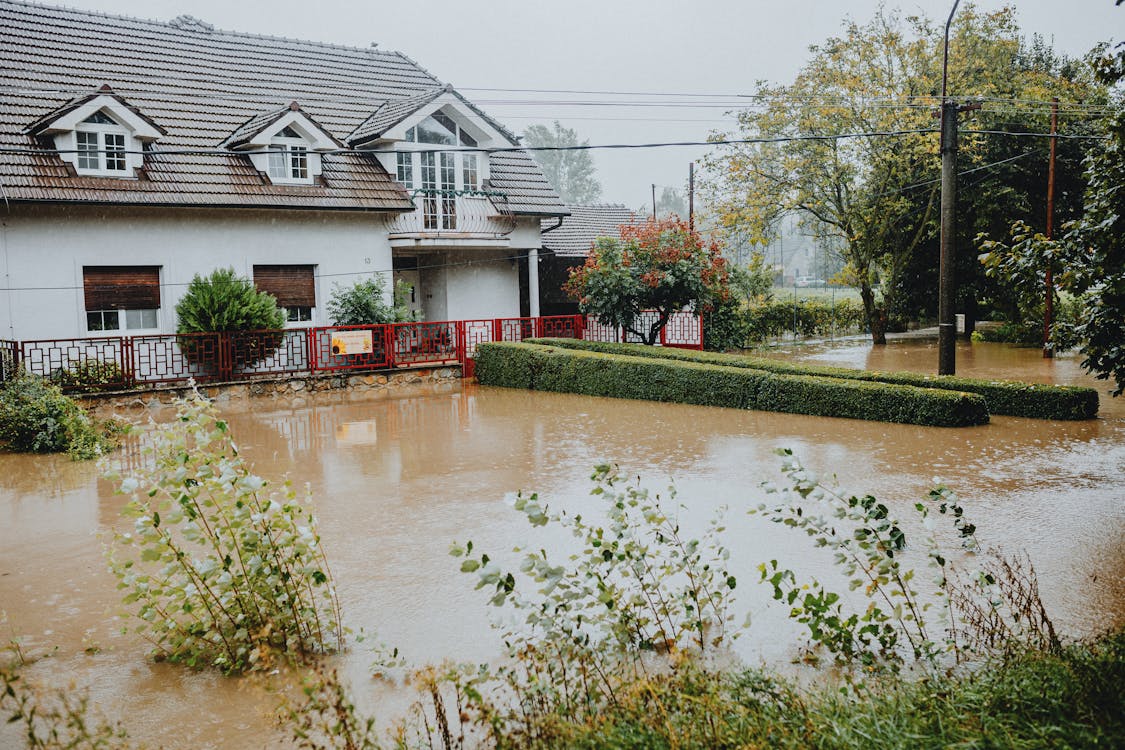
If you’ve found black mold growth spreading along baseboards, ceilings, or tucked behind drywall, you’re not the only one. Toxic mold thrives in areas with excess moisture—and for many Canadian homes and businesses, that’s a year-round issue. The question we hear most often: Can I get rid of black mold myself?
Health Canada says small mold problems—less than 1 square metre—can usually be handled by homeowners using the right method and protective clothing. For medium-sized jobs (under 3m²), expert input is recommended. But for recurring, hidden mold, or extensive mold growth, it is recommended to seek out a professional mold removal company.
Is Black Mold Harmful?
It can be. Black mold—especially when hidden behind walls or ceilings—can release mold spores that trigger respiratory symptoms, asthma symptoms, skin irritation, and even long-term health problems. Individuals with weakened immune systems, children, and seniors are particularly vulnerable to the potential health risks.
Even if you don’t see toxic black mold, musty odours are often the first warning sign. And once it spreads, mold can embed itself into wood surfaces, fabric, insulation, and drywall. It doesn’t just go away with air fresheners or a coat of paint.
What Kills Black Mold?
Let’s clear up the confusion: while chlorine bleach is often recommended for killing mold, it should only be used on non-porous materials. If you’re using it, dilute it—1 cup per gallon of water—and never mix it with other disinfecting supplies like ammonia or cleaning vinegar.
Other safe options include:
- Hydrogen peroxide (3%) in a spray bottle: spray the area, wait a few hours, scrub, and air dry
- Baking soda and dishwashing liquid: good for mild cleanup, especially around sinks and tubs
- Warm water and cleaning vinegar: a simple solution for surface mold on hard, sealed areas
Always scrub with a stiff brush or soft cloth, depending on the surface. If stains remain or mold returns, you may not have removed the underlying moisture source.
How to Remove Mold Safely
Safety first. Anyone attempting DIY mold cleanup should wear protective gear—including:
- A properly fitted N95 mask
- Rubber gloves
- Safety goggles
- Long sleeves or disposable protective clothing
Start by ventilating the space. Open windows, run an exhaust fan, and set up a dehumidifier. Moisture control is critical to prevent black mold growth from coming back.
Next, remove mold-damaged materials that can’t be cleaned—like carpets, insulation, or moldy drywall. Bag and seal them before disposal.
Clean hard surfaces with your preferred cleaning solution. For porous surfaces like unsealed wood or drywall, cleaning usually isn’t enough. These materials generally need to be replaced to prevent mold growth in the future. Always air dry cleaned surfaces thoroughly—mold can regrow within 48 hours if moisture remains.
When to Call a Professional
If you're dealing with widespread visible mold, or if it keeps returning after you've cleaned it, you're likely dealing with deeper structural moisture issues. That’s when it’s time to bring in a mold professional.
As a long-established professional mold remediation company, our team can pinpoint hidden problems, stop mold at the source, and handle the professional removal process safely and efficiently. At Certified Asbestos, we offer full-service mold remediation backed by years of experience. We don’t just clean up—we restore air quality, fix the moisture issue, and help prevent future outbreaks with tailored health & safety solutions.
Protect your property, your family, and your indoor air. The longer mold sits, the more costly and dangerous it becomes. Let’s fix it before it spreads.
If you’re unsure how big your mold problem is—or you’re worried it might be linked to older building materials—contact us today. We also handle asbestos removal & testing, so you can get peace of mind in one call.
Contact us for fast and efficient asbestos and mold testing and removal service
Get in touch with us and send some basic info for a quick quote.



